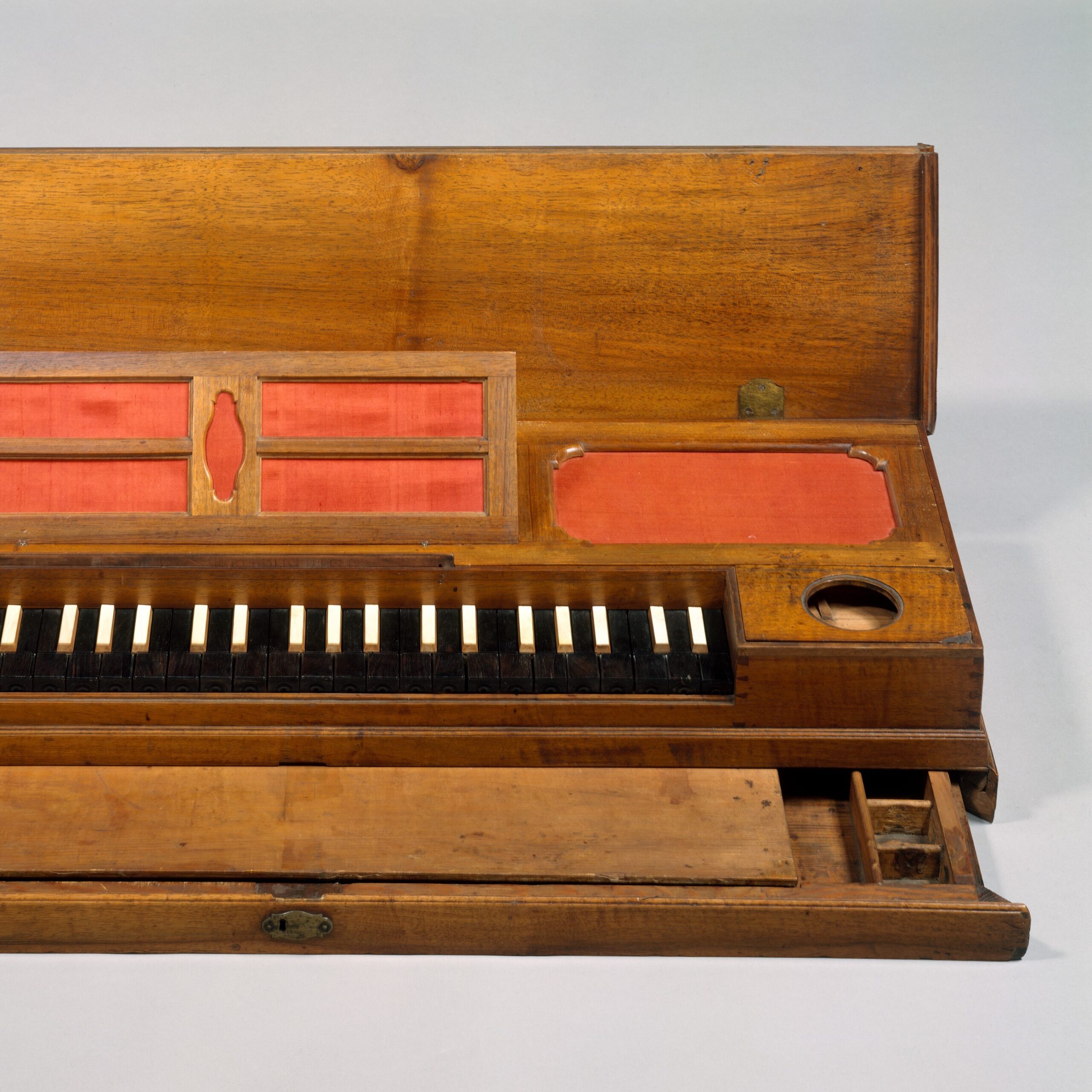Pierre-Yves Martel is a musician and composer based in Montreal, Canada. A multi-instrumentalist, he specializes in the creation of sonic worlds both on stage and in the studio, where he handles all aspects of production. Blending the analog with the digital, signal with noise, the traditional with the experimental, Martel aims to make music that transcends genre and style to become utterly singular.
Born in 1979 in Vanier, Ontario, Martel made music an integral part of his life when he taught himself electric bass during high school. While still a teenager he worked as a co-op student in a recording studio, played in rock bands that focused on improvisation, and attended the Summer Performance program at the Berklee College of Music. It was at Berklee that he discovered jazz.
After finishing high school, Martel took up the double bass and took his first jazz lessons with Ottawa double bassist John Geggie. In 1999, he enrolled in the University of Ottawa’s music programme and studied classical double bass performance with David Currie as well as composition with Steven Gellman. During these formative years, he spent three consecutive summers at the Domaine Forget Music Academy, where he studied the François Rabbath double bass technique. While immersed in classical music, Martel remained active in the local jazz and avant-garde music scenes.
It was in his last year of university that he discovered the viola da gamba. Although interested in performance practice, it was first and foremost the instrument’s timbre that captivated him. Martel sensed an untapped potential for reinventing the instrument in a modern context. A few years later, he abandoned the double bass to commit himself fully to the viola da gamba.
Drawn by the world of improvised music, he moved to Montreal and became active in the city’s Musique Actuelle scene, collaborating with various members of the Ambiances Magnétiques collective. In 2005 he attended the Banff International Workshop in Jazz and Creative Music, directed by Dave Douglas, and the same year received his first Canada Arts Council grant to record and release a solo recording for prepared double bass. Described by double bassist Mark Dresser as a “highly personal, innovative, rich and diverse work of art, » the album Engagement & Confrontation featured eighteen short improvised pieces, each one focusing on a specific preparation or extended technique.
It was during this period that Martel created the chamber ensemble Quartetski, with the goal of rethinking and reinterpreting the works of great composers in an improvised setting. While staying true to the spirit of the composers, the ensemble used the compositions as laboratories for sonic experimentation. The result was a new kind of chamber music, one that mixed different traditions, styles, and approaches. The group has created 12 programs, including Stravinsky’s Rite of Spring, Bartók’s Mikrokosmos, and Prokofiev’s Fugitive Visions, all arranged by Martel for the ensemble. Each of the resulting recordings garnered critical acclaim upon release.
From 2008 to 2020, Martel was an active member of the Studio de musique ancienne de Montréal, as well as Constantinople, an early music ensemble specializing in the Middle-Eastern and Mediterranean traditions, with whom he collaborated with acclaimed musicians from around the world in concert halls and recording studios.
In improvised music, Martel favours long-term collaborations and has recorded and/or produced over 30 albums since 2005. Released on labels such as Ambiances Magnétiques (Canada), Another Timbre (England), and Insub Records (Switzerland), these recordings include four solo albums as well as multiple collaborations with Canadian musicians such as Philippe Lauzier, Martin Tétreault, Joane Hétu, and Éric Normand, along with international musicians such as Kim Myhr (Norway), Magda Mayas (Germany), Jim Denley (Australia), Carl Ludwig Hübsch (Germany), Philip Zoubek (Austria), and Cyril Bondi (Switzerland).
In 2020 he put aside the viola da gamba to focus on learning the lap steel and pedal steel guitars in all their complexity. He has since released three albums (Abraxas Pulse, Weird Studies Vol.1 & 2) showcasing this new venture. More recently, this foray into electric music production led him to explore the world of modular synthesis.
Martel has always been interested in film scoring and in recent years has acted as original score composer on several film and television projects for APTN, Radio-Canada, and the National Film Board of Canada.
https://www.pymartel.com/

